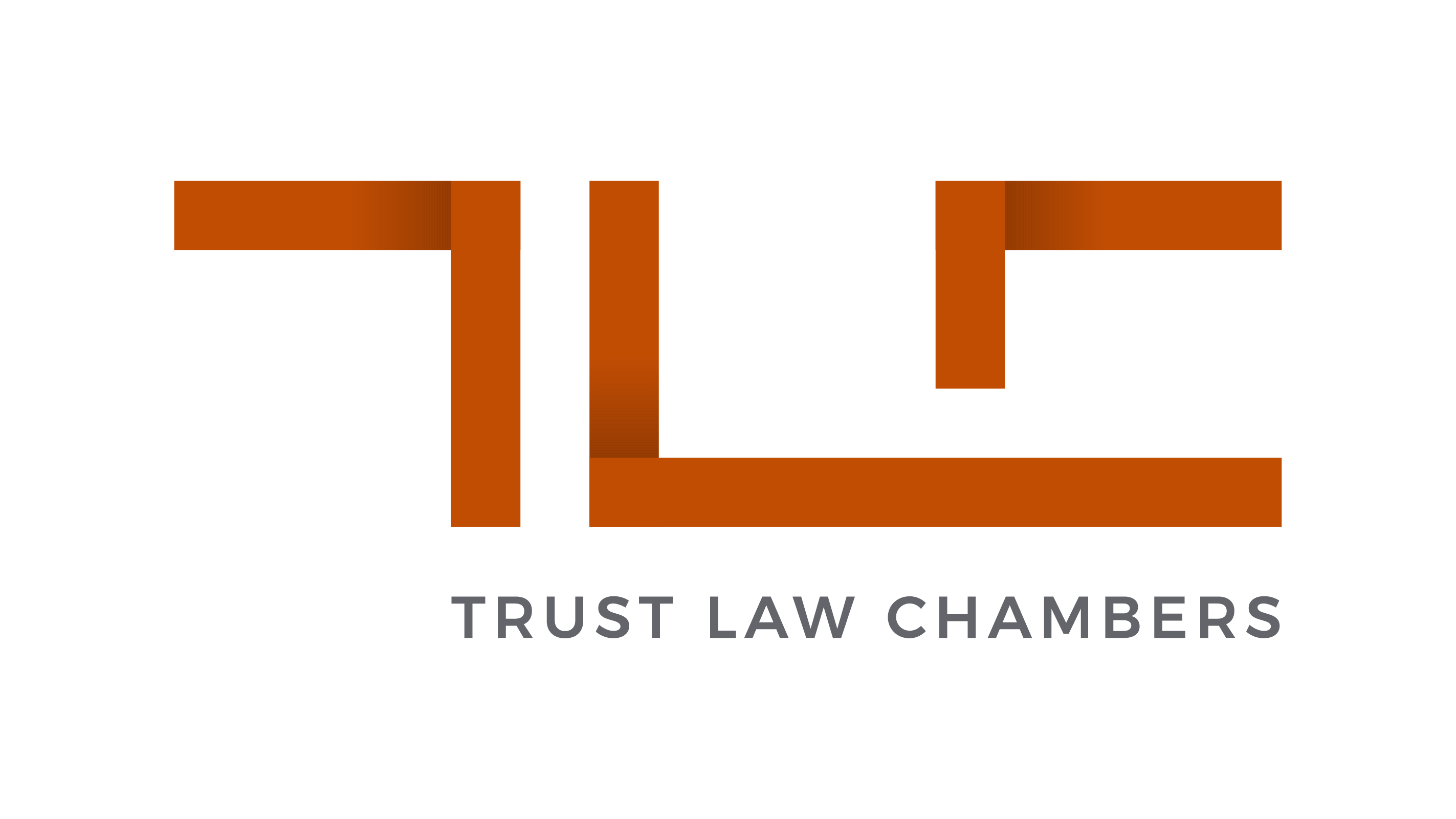Inspiring Innovation in Rwanda: Understanding the Global Innovation Index and Promoting Creative Outputs
Inspiring Innovation in Rwanda: Understanding the Global Innovation Index and Promoting Creative Outputs
In the heart of Africa, Rwanda stands as a beacon of progress and innovation, consistently striving to elevate its position on the global stage. The Global Innovation Index (GII) serves as a critical benchmark for measuring innovation capabilities across the world, and Rwanda’s
performance in this index is a testament to the country’s commitment to innovation and development.
Understanding the Global Innovation Index
The Global Innovation Index, now in its 17th edition, is a comprehensive tool that ranks the innovation performance of economies worldwide. Since its inception in 2007, the GII has been an invaluable reference for countries seeking to develop innovation and economic policy strategies. It captures the multi-dimensional facets of innovation through roughly 80 indicators,
grouped into innovation inputs and outputs.
The upcoming 17th edition of the GII, set to be released on Thursday, September 26, 2024, during a hybrid event from 13:30 to 15:30 p.m. CEST (Geneva time), will feature key findings presented by ministers, business leaders, and innovation experts. The event will include a panel
discussion on “Unlocking the Promise of Social Entrepreneurship,” highlighting the latest global innovation trends against a backdrop of steady but slow global economic growth, shrinking innovation finance, and sluggish productivity growth.
Rwanda’s Performance in the Global Innovation Index 2023
In the latest Global Innovation Index 2023, Rwanda ranks 103rd among 132 economies, a notable achievement considering the country’s economic context. Rwanda ranks 1st among the 12 low-income economies and 9th among the 28 economies in Sub-Saharan Africa, demonstrating that despite economic challenges, Rwanda is performing above expectations.
Key Strengths and Areas for Improvement
Rwanda’s innovation system has several strengths that are
worth highlighting:
Institutional Environment: Rwanda excels in institutional stability, with a ranking of 33rd globally in the “Institutions” category. This includes strong policies for doing business, which are ranked 11th globally.
Human Capital and Research: The country has made significant strides in tertiary education, particularly in graduates in science and engineering, where it ranks 15th globally.
Infrastructure: Rwanda’s performance in ICT access and government online services is commendable, ranking 41st globally in government online services.
However, there are also areas where Rwanda can improve:
Innovation Outputs: Despite strong innovation inputs, Rwanda ranks 113th in innovation outputs, indicating a need to better translate investments into tangible outcomes.
Creative Outputs: The country ranks 117th in creative outputs, suggesting a need for more focus on creative industries and intellectual property development.
The Unseen Creative Outputs of Rwanda
While the GII provides valuable insights into Rwanda’s innovation performance, it is crucial to acknowledge that not all creative outputs are captured by the indicators used in the index.
Cultural Contributions: Rwanda’s vibrant culture, including traditional arts like Imigongo, plays a vital role in the country’s creative ecosystem. These cultural expressions, while not formally registered, are integral to Rwanda’s identity and innovation story. By recognizing and valuing these contributions, Rwanda can foster a more inclusive and diverse
innovation environment.
Informal Sector Innovations: Many innovations in Rwanda, particularly in the informal sector, may not be formally registered or documented. This includes local artisans, small-scale manufacturers, and community-driven projects. Encouraging these innovators to formalize their work and protect their intellectual property can help in better capturing Rwanda’s true innovation potential.
Practical Solutions to Improve Innovation Outputs
Support for Local Innovators: Establishing programs that support local innovators, such as incubators, accelerators, and mentorship initiatives, can help translate innovative ideas into tangible outputs. For instance, the Rwanda Innovation Fund, which aims to support startups and early-stage companies, can play a crucial role in fostering innovation.
Promoting Intellectual Property Registration: Encouraging innovators to
register their intellectual property can help in better capturing Rwanda’s creative outputs. This can be achieved through awareness campaigns, workshops, and incentives for IP registration.
Collaboration and Partnerships: Fostering collaboration between academia,
industry, and government can facilitate the exchange of ideas and resources, leading to more innovative solutions. For example, partnerships between universities and local businesses can drive research and development in key sectors.
Stressing the Need for IP Respect
Promoting respect for intellectual property (IP) is essential for improving Rwanda’s rankings in the GII. Here’s how we can stress this need:
Awareness and Education: Conducting workshops and awareness campaigns to educate innovators about the importance of IP protection can encourage more formal registrations. This includes highlighting the benefits of IP protection, such as increased recognition and financial rewards.
Incentives for IP Registration: Offering incentives, such as tax breaks or grants, for innovators who register their IP can motivate more individuals and businesses to formalize their creative outputs.
Legal Frameworks: Strengthening legal frameworks to protect IP rights can provide a secure environment for innovators to invest in their ideas. This includes enforcing IP laws and providing mechanisms for dispute resolution.
Looking Forward to the Next Global Innovation Index
As the world prepares for the release of the next Global Innovation Index on September 26, 2024, Rwanda can reflect on its current performance and set ambitious goals for improvement.
By focusing on areas such as innovation outputs, creative industries, and market sophistication, Rwanda can continue to climb the ranks and solidify its position as a leader in innovation within the region.
In conclusion, the Global Innovation Index is a powerful tool that not only measures innovation but also inspires it. By understanding Rwanda’s strengths and weaknesses through the GII, Rwandans can be motivated to be more creative and innovative, driving the country towards a
brighter, more prosperous future. By acknowledging the unseen creative outputs, promoting IP respect, and fostering practical innovation initiatives, Rwanda can ensure that its innovation ecosystem is inclusive, vibrant, and globally competitive.
Call to Action
As we look forward to the next index, let us embrace the challenge to innovate and make Rwanda a beacon of creativity and progress in Africa. Here are some steps we can take:
Encourage Cultural and Creative Expression: Support local artists and
innovators by recognizing and valuing their contributions to Rwanda’s cultural and creative landscape.
Promote IP Registration: Encourage innovators to register their intellectual property to better capture Rwanda’s true innovation potential.
Foster Collaboration: Promote partnerships between academia, industry, and government to drive research and development in key sectors.
For more information on how to protect your intellectual property rights, please visit the [Trust Law Chambers website (https://www.trustlawchambers.com/). Together, we can inspire a culture
of innovation in Rwanda, ensuring that the country continues to thrive and innovate, both locally and globally.
Let’s work together to unlock Rwanda’s full innovation potential and make it a leader in creativity and innovation on the African continent.
Author: David Bahige – Co-author: Shifra Mugeni.

